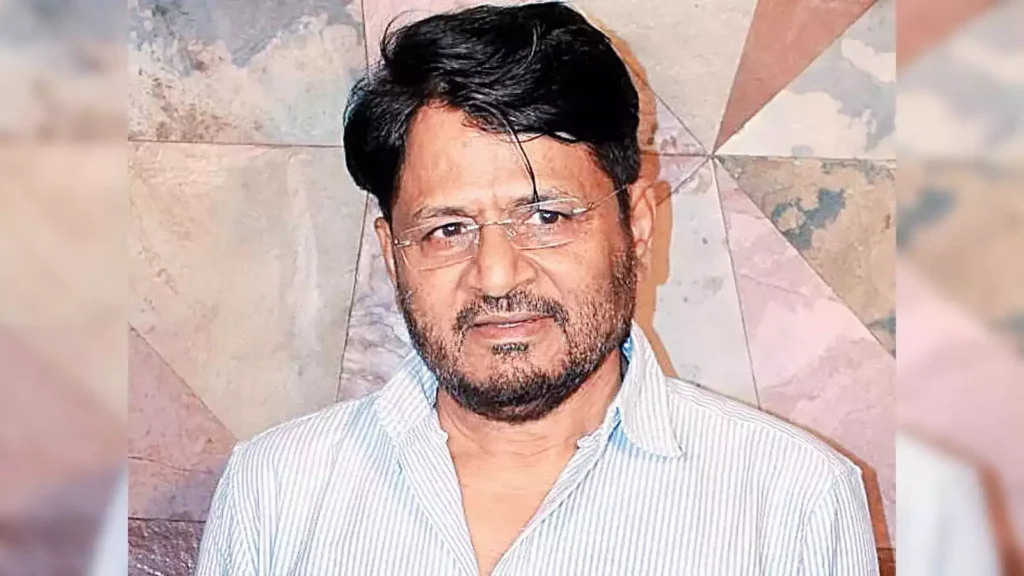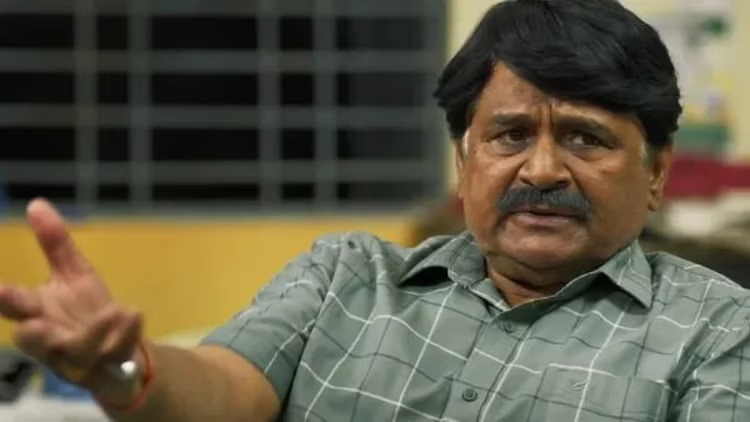Raghubir Yadav: The Multifaceted Actor Redefining Indian Cinema
Raghubir Yadav is a distinguished actor known for his exceptional versatility and depth, making him a prominent figure in Indian cinema. With a career that spans over four decades, Yadav has established himself as one of the most respected and innovative actors in the industry. His ability to seamlessly transition between various roles and genres has earned him acclaim from audiences and critics alike.
A Journey from Theater to Film Stardom
Raghubir Yadav’s acting journey began in theater, where he gained invaluable experience and honed his craft. His early work on stage provided him with a strong foundation in performance, allowing him to develop a nuanced approach to acting. Yadav’s transition to the film industry was marked by his dedication and commitment to his craft, setting the stage for a successful career in cinema.
Yadav’s film debut came with Massey Sahib (1985), a film directed by the renowned Indian filmmaker, Ketan Mehta. His portrayal of the titular character, a railway worker, was noted for its authenticity and emotional depth. This debut set the tone for Yadav’s future roles, showcasing his ability to bring complex characters to life with remarkable skill.
Raghubir Yadav Versatility and Acclaimed Performances

Raghubir Yadav’s career is characterized by his ability to take on a diverse range of roles, from comedic to dramatic. One of his most notable performances came in Lagaan (2001), where he played Kachra, a village outcast with a pivotal role in the cricket match against the British. Yadav’s portrayal in this epic sports drama was widely praised for its depth and sincerity, contributing significantly to the film’s success and earning him a place among the finest actors of his generation.
In addition to his work in Lagaan, Yadav’s performances in films such as The Legend of Bhagat Singh (2002) and Paan Singh Tomar (2012) have further established his reputation as a versatile actor. In The Legend of Bhagat Singh, he played a supporting role that added depth to the film’s exploration of the Indian freedom struggle. His role in Paan Singh Tomar, a biographical film about a soldier-turned-bandit, showcased his ability to embody complex and morally ambiguous characters with authenticity.
Impact on Independent Cinema and Television
Raghubir Yadav has made significant contributions to independent cinema, where his performances have been recognized for their originality and emotional resonance. His work in films like Sardar Udham (2021), a biographical drama about the freedom fighter Udham Singh, highlights his continued relevance and impact in contemporary cinema. Yadav’s ability to bring historical and fictional characters to life with depth and nuance makes him a sought-after actor in both mainstream and independent films.
In addition to his film career, Yadav has also made notable contributions to television. His roles in TV serials such as Mungeri Ke Bhai Naurangilal and Satyam Shivam Sundaram have demonstrated his ability to connect with audiences on the small screen. His presence in television has further expanded his reach and allowed him to explore different facets of his acting abilities.
Raghubir Yadav Legacy and Future Endeavors
Raghubir Yadav’s career is a testament to his exceptional talent and versatility as an actor. His ability to portray a wide range of characters with depth and authenticity has earned him a respected place in Indian cinema. As he continues to take on new roles and explore different genres, Yadav’s legacy as an actor who has redefined the boundaries of Indian cinema remains significant.
In summary, Raghubir Yadav’s journey from theater to film and television highlights his dedication and excellence as an actor. His performances, marked by their authenticity and emotional depth, have made a lasting impact on Indian cinema. As he continues to evolve in his career, Yadav’s work will undoubtedly continue to inspire and influence both audiences and fellow actors, solidifying his place as a true luminary in the industry.



